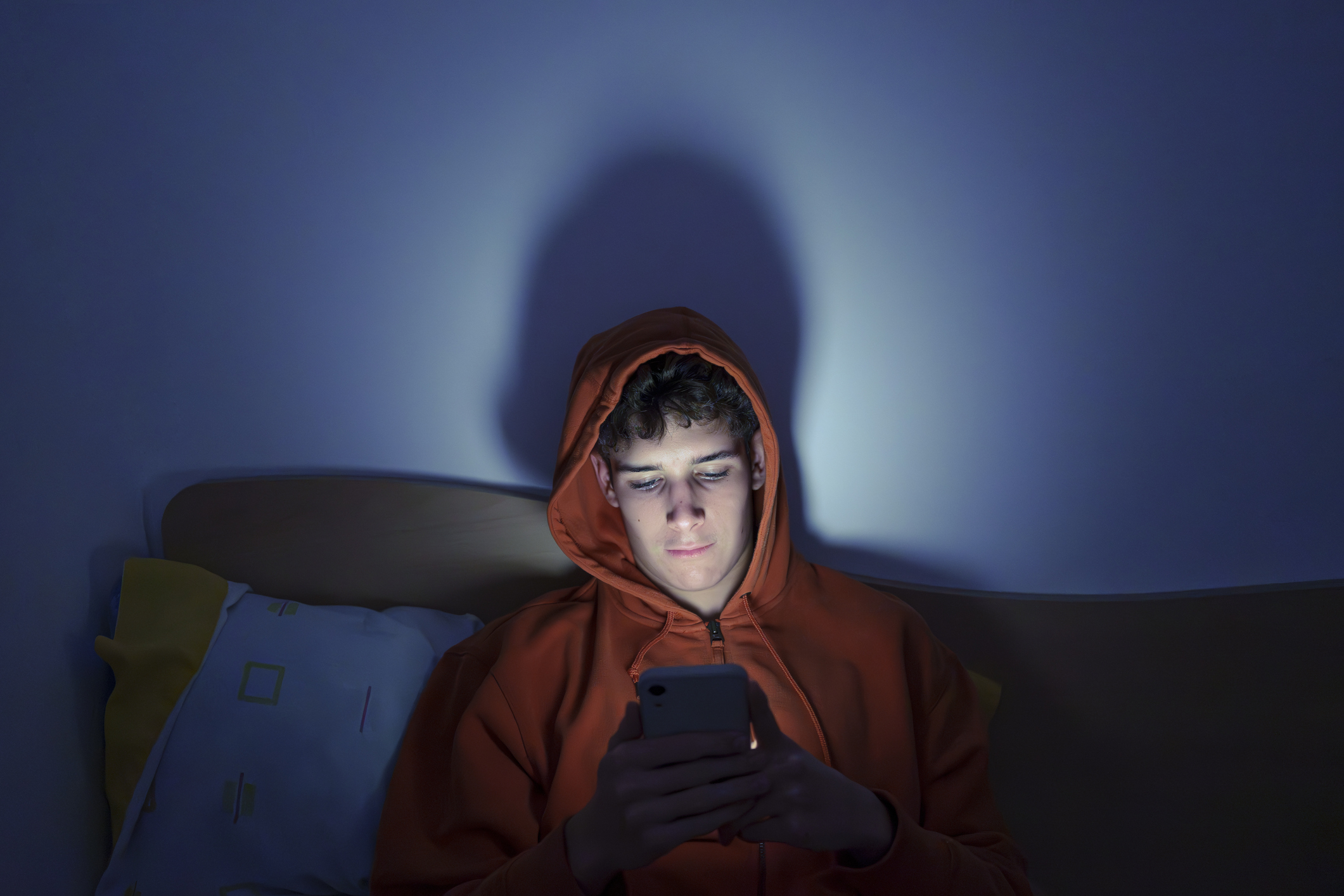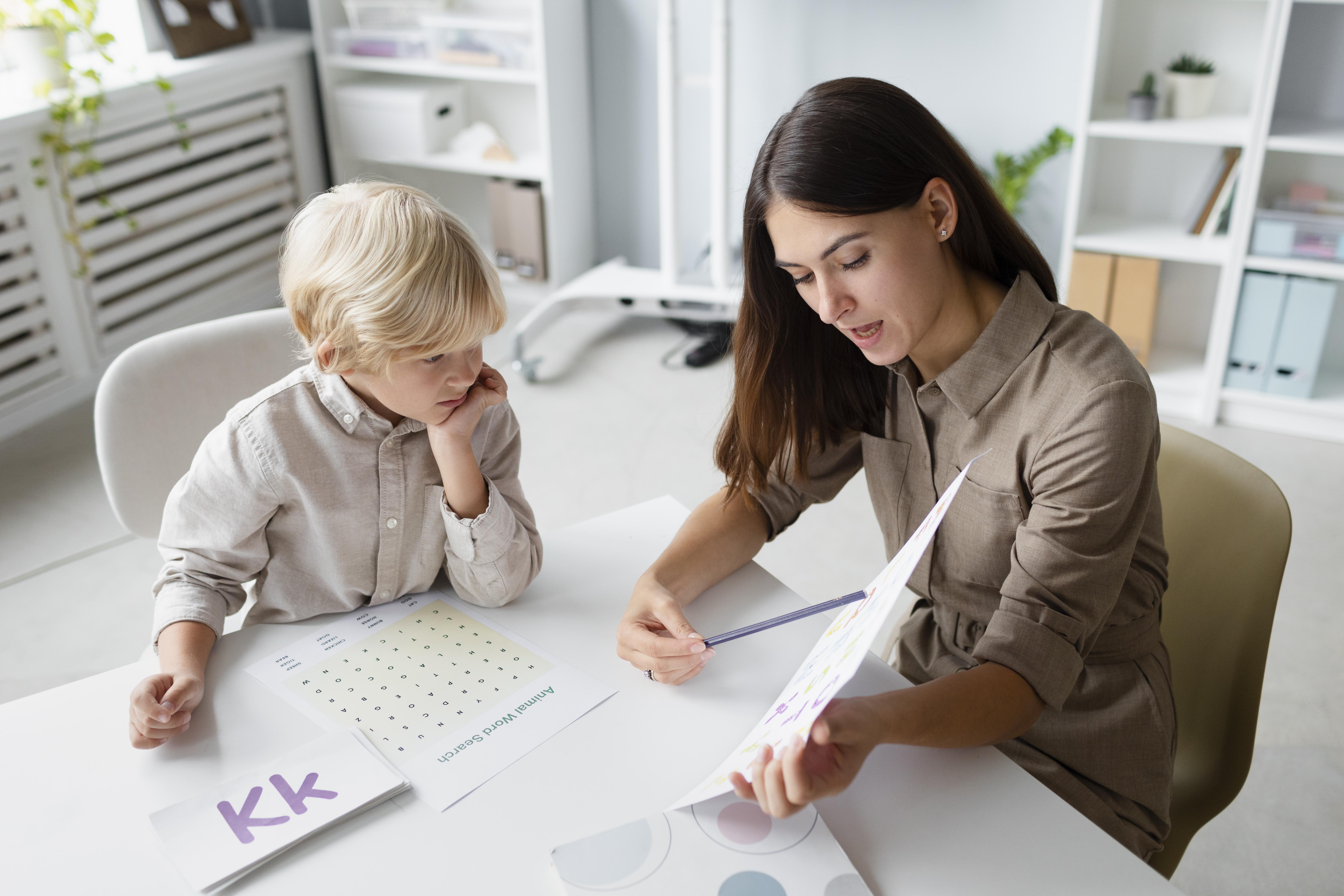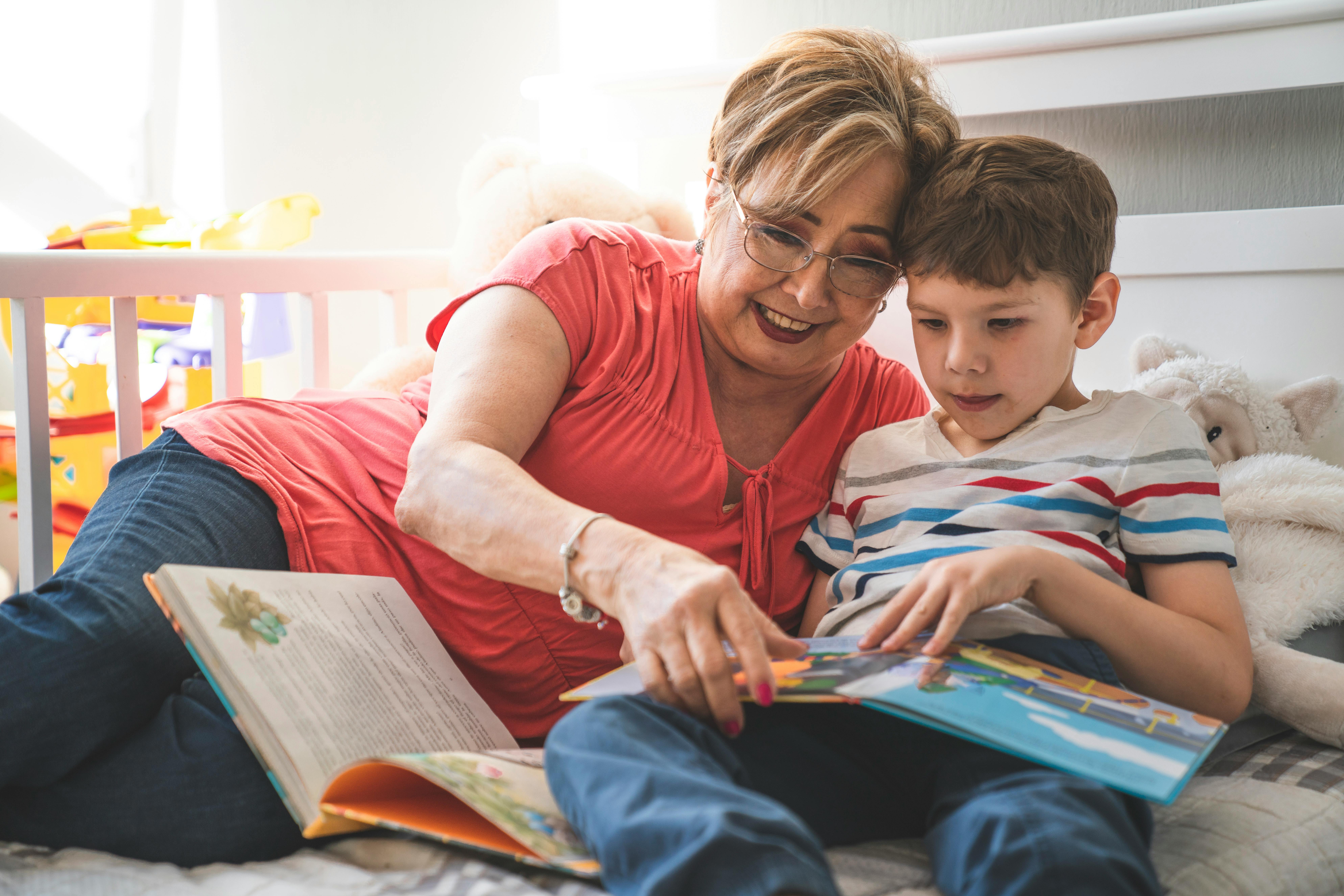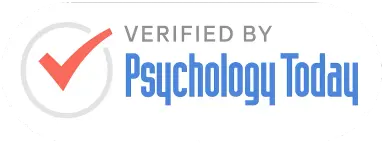Social Media’s Double-Edged Sword
Your teen may feel “seen” by a video but that doesn’t mean it tells the whole story. Social media is part of your teen’s world, for better and for worse. While it can be a powerful tool for raising awareness about ADHD, it also has a way of oversimplifying, romanticizing, or even distorting what ADHD really is.
A 2025 study found that after watching ADHD content on TikTok, viewers actually knew less about ADHD but felt more confident in their (mis)understanding. This kind of false confidence can be risky when it leads to self-diagnosis without a clear, professional assessment.
Why Misinformation Sticks

- Short videos favor emotion over detail. The algorithms reward content that’s engaging, not necessarily accurate.
- Relatable stories feel like proof. Teens may think, “That’s me!” without realizing the full picture.
- The brain likes quick answers. Slowing down for nuanced understanding takes more effort, and patience is a skill that needs practice.
Researchers at the University of British Columbia reviewed the most popular ADHD TikToks and found that fewer than half matched what clinical guidelines recommend.
Myths You Might Hear From Your Teen (or Well-Meaning Friends)
Guiding Your Teen Through the Noise

- Lead with curiosity. Ask what about the video resonated with them.
- Teach them to check sources. Look for credentials, not just likes.
- Share how real evaluations work. Explain that ADHD is diagnosed by looking at history, patterns, and standardized tools, not a quiz or a viral clip.
- Validate and redirect. “I can see why that video made you feel understood. Let’s take the next step to be sure.”
Why a Professional Evaluation Still Matters

When families come to NeuroChamp saying, “My teen believes they have ADHD,” we look beyond the videos to understand their experiences, emotions, learning, and habits (including media use).
You'll walk away with:
- A clear, evidence-based understanding of your teen’s strengths and challenges
- A plan that aligns with their real needs- not trends
- Peace of mind supported by research, not algorithms
Ready for clarity? Schedule a free consultation with us and let’s move forward with understanding, not uncertainty.
About the Author
Dawnyelle DeLongchamp, M.S., BCBA, LEP
Dawnyelle is a Licensed Educational Psychologist (LEP #4577) and Board Certified Behavior Analyst with over 25 years of experience. As the founder of NeuroChamp Educational Psychology & Speech Services, she specializes in comprehensive, neuroaffirming evaluations for learning differences, ADHD, autism, anxiety, and more, helping families move from uncertainty to clarity with empathy and practical insight.
References
- Karasavva, V., et al. (2025). TikTok videos “romanticise” ADHD and mislead viewers. The Times.
- Liu, T. L., et al. (2024). Parenting stress, anxiety, and sources of acquiring knowledge. BMC Public Health.
- Schiros, A., Bowman, N., & Antshel, K. (2025). Misinformation mayhem: the effects of TikTok content on ADHD knowledge, stigma, and treatment-seeking intentions. European Child & Adolescent Psychiatry.








.jpg)

